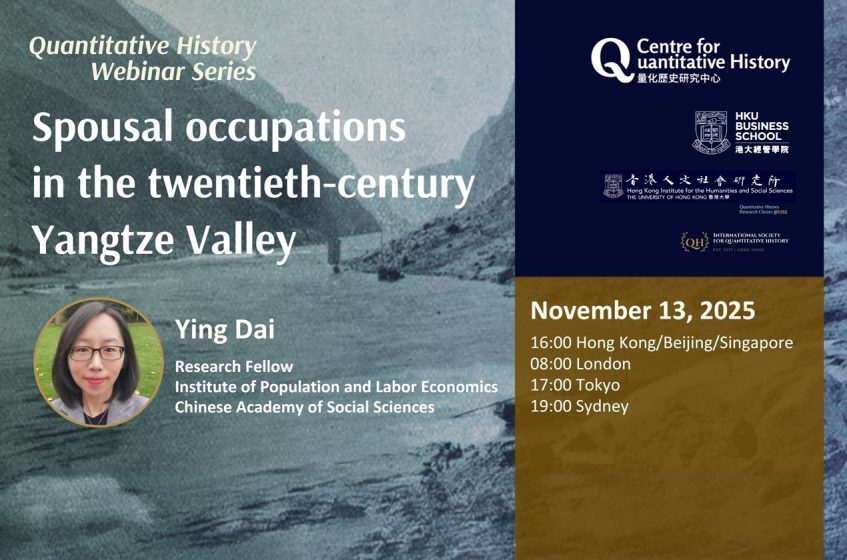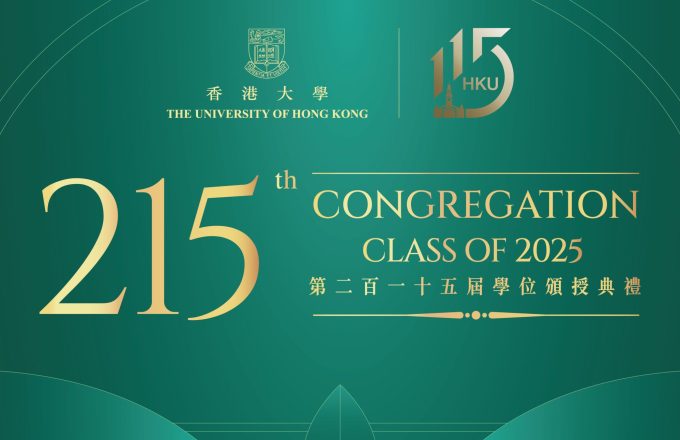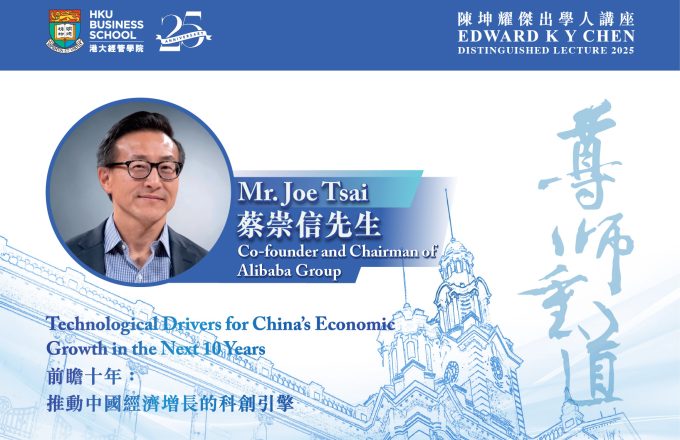
Spousal occupations in the twentieth-century Yangtze Valley
Spousal occupations in the twentieth-century Yangtze Valley
The husband-wife occupations significantly influence a family’s economic condition, social capital, and everyday experience. Changes in spousal occupations forms a major aspect of transformation in Chinese families over the twentieth century. Ying Dai of Chinese Academy of Social Sciences and her co-author utilise 175 lineage genealogies with 57,501 couples to examine the spousal occupations of the Yangtze Valley from the perspectives of endogamy, within-sex alignment, and cross-sex alignment. Endogamy denotes the tendency of individuals to marry within their own occupation compared to marrying someone from a different occupation. The data suggest that endogamy fluctuated in a narrow range with a trend of increase among cohorts born between 1880 and 1941, then increased substantially for those born from 1951 onwards. Within-sex alignment stands for women from the same occupation tend to marry men in a limited set of occupations. The data suggest that within-sex alignment fluctuated among cohorts born between 1881 and 1950 and increased among later-born cohorts, reaching its lowest point among those born between 1941 and 1950. Cross-sex alignment refers to the tendency of women to marry those from the occupations which are popular for their male peers in the same occupation. The data suggest that cross-sex alignment was negative, suggesting gendered partner choices: even when men and women share the same occupation, they tend to marry spouses from distinctly different occupations. In this Quantitative History Webinar, Ying Dai will explain that the spousal occupations are shaped by both marriage formation and post-marriage occupational decisions. Opportunities to meet are influenced by gendered occupational structures, geographical mobility, and the mechanisms through which individuals meet potential partners. Partner preferences are shaped by economic and social capital, the division of labour within the household, and the balance of decision-making power between individuals and their parents. After marriage, occupational decisions are further influenced by the prevalence of family-based economy and domestic division of labour.
Ying Dai’s co-author: Jingying Wang, PhD candidate, Institute of Sociology, University of Zurich
Discussant: Qingxu Yang, Post-doctoral Fellow, HKU Business School
Date: November 13, 2025
Time: 16:00 – 17:30
16:00 (Hong Kong/Beijing/Singapore)
03:00 (New York)|00:00 (Los Angeles)|08:00 (London)|17:00 (Tokyo)|19:00 (Sydney)
Venue: Zoom Webinar
Language: English
The Quantitative History (QH) Webinar Series aims to provide researchers, teachers, and students with an online intellectual platform to keep up to date with the latest research in the field, promoting the dissemination of research findings and interdisciplinary use of quantitative methods in historical research. The QH Webinar Series, now entering its fifth year, is co-organized by the Centre for Quantitative History at the HKU Business School and the International Society for Quantitative History in partnership with the Hong Kong Institute for the Humanities and Social Sciences. The Series is now substantially supported by the Areas of Excellence (AoE) Scheme from the Research Grants Council of the Hong Kong Special Administrative Region, China (Project No. [AoE/B-704/22-R]).
量化歷史網上講座系列由香港大學陳志武和馬馳騁教授聯合發起,旨在介紹前沿量化歷史研究成果、促進同仁交流,推廣量化方法在歷史研究中的應用。本系列講座由香港大學經管學院量化歷史研究中心和國際量化歷史學會承辦,及香港人文社會研究所全力支持。從2023年開始,系列得到中國香港特別行政區研究資助局卓越學科領域計劃的重要資助 (項目編號[AoE/B-704/22-R])。
Conveners:
Zhiwu Chen
Chicheng Ma







